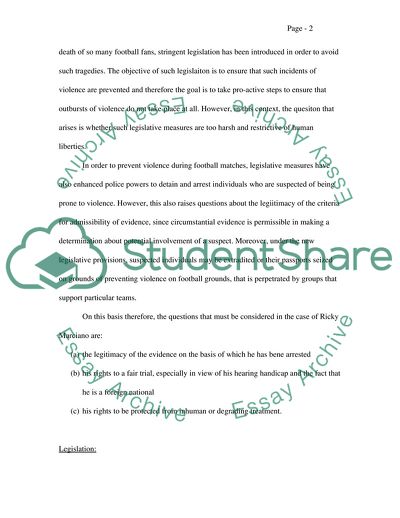Cite this document
(Violence on the Football Field and Outside of It Essay, n.d.)
Violence on the Football Field and Outside of It Essay. https://studentshare.org/sports-and-recreation/1706840-human-rights
Violence on the Football Field and Outside of It Essay. https://studentshare.org/sports-and-recreation/1706840-human-rights
(Violence on the Football Field and Outside of It Essay)
Violence on the Football Field and Outside of It Essay. https://studentshare.org/sports-and-recreation/1706840-human-rights.
Violence on the Football Field and Outside of It Essay. https://studentshare.org/sports-and-recreation/1706840-human-rights.
“Violence on the Football Field and Outside of It Essay”. https://studentshare.org/sports-and-recreation/1706840-human-rights.


